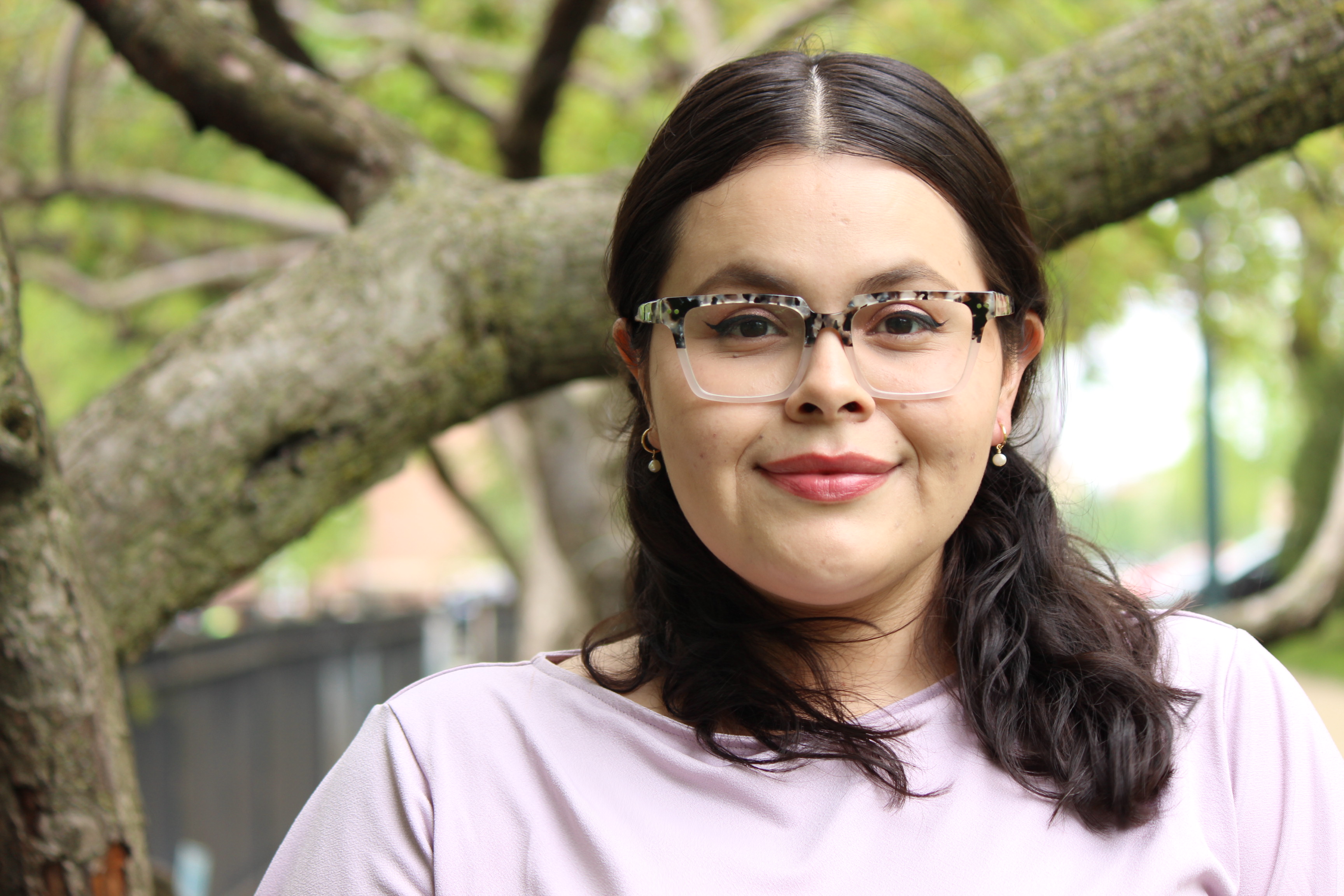Child / Adolescent - School-Related Issues
(PS5-90) Building Bridges: Enhancing School Climate and Parental Engagement for Newcomer Youth Mental Health

Susana S. Sosa, M.A.
Graduate Student
Loyola University Chicago
Chicago, Illinois, United States- AD
Andrea Donis, B.S.
Graduate Student
Loyola University Chicago
Chicago, Illinois, United States - YB
Yvita Bustos, Ph.D.
Post-Doctoral Fellow
Ann & Robert H. Lurie Children’s Hospital of Chicago - The Center For Childhood Resilience
Chicago, Illinois, United States - RF
Roxanna Flores, M.A.
Graduate Student
Loyola University Chicago
Chicago, Illinois, United States 
Sarah Jolie, M.A.
Graduate Student
Loyola University Chicago
Chicago, Illinois, United States.jpg)
Zoe Smith, Ph.D. (she/her/hers)
Assistant Professor
Loyola University Chicago
Chicago, Illinois, United States- CD
Catherine DeCarlo Santiago, Ph.D.
Clinical Psychologist
Rady Children’s Hospital San Diego
San Diego, California, United States - SK
Sungha Kang, Ph.D.
Assistant Professor
Loyola University Chicago
Chicago, Illinois, United States
Author(s)
Co-Author(s)
Parental engagement—communication, collaboration, and partnership—with schools is a critical socioecological factor for promoting positive academic, behavioral, and emotional outcomes among newcomer youth (Zaidi et al., 2021). Parental engagement with schools among newcomer parents is intricately linked to the overall school climate—safety, engagement, support—experienced by newcomer youth. Engaging newcomer parents with the school community can be challenging for newcomer parents who face unique stressors related to resettlement, such as unwelcoming schools and communities, family loss and separation, and acculturative stress (Li et al., 2016). Further, positive parental engagement with schools is often contextualized within dominant groups in society and fails to include culturally responsive strategies for promoting parental engagement with schools among newcomer parents (Baker et al., 2021). The current study explores how parent engagement with schools and school climate promote positive mental health outcomes for newcomer youth. Participants are from a multi-cohort (Pilot, Cohort 2, Cohort 3) study evaluating a school-based mental health intervention, the Supporting Transition Resilience of Newcomer Groups (STRONG). STRONG is a manualized skill and strength building intervention aimed at addressing psychological distress associated with the newcomer experience (Hoover et al., 2019). STRONG is comprised of 10 group sessions (e.g., recognition of internal strengths, identification of family and social supports, relaxation, cognitive coping, and problem-solving) and one individual session (trauma narrative). For the current study, quantitative analyses (Cohort 2 and Cohort 3 only) from youth-reported baseline measures consisted of 64 newcomer youth (Mage=13.89, SDage=3.11; 45% female; average years in United States=2.23, SD=1.96) from 7 urban public schools. Participants were primarily from Afghanistan (26.6%), Mexico (14.1%), and Ecuador (7.8%), but other countries were also represented among newcomer youth. Youth reported on school climate and on depression and anxiety. Findings at baseline support that school climate negatively predicts symptoms of anxiety (β=-0.28, p=.026) and depression (β=-0.38, p=.002) among newcomer youth. These findings support the critical impact that positive school climates may have in supporting mental health outcomes among newcomer youth. To further expand on these results, post-intervention qualitative findings (Pilot, Cohort 2, and Cohort 3) consisting of 14 newcomer parents, 7 teachers, and 12 school clinicians discussing school climate and engagement between schools and newcomer parents, will be included. Clinical implications and recommendations to promote school climate and parent engagement will be discussed.

.png)
